IOWA
FOOD HANDLERS CARD
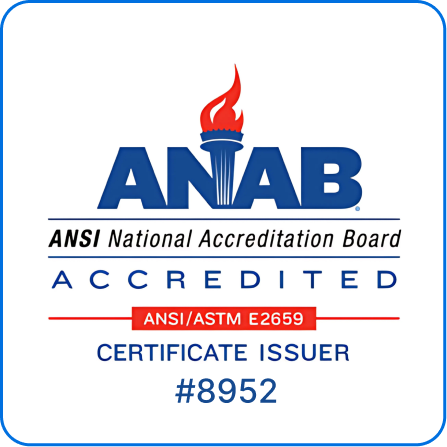
- ANSI National Accreditation Board (ANAB) Accredited
- Approved and Accredited in Iowa
- 100% Online, Accessible 24 hours a Day, 7 Days a Week
- Course Duration: 1.5 Hour
- Course Access: 3 Months from Purchase
- Owners/Managers: Manage, Track, and Report Employee Progress
- Certificate of Completion upon Successful Completion of Final Exam
- Exam Passing Score 70%
- 2 Chances to Pass the 40 Question Final Exam
- Languages Available: English, Spanish
- Bulk Discount Pricing Available
Our clients
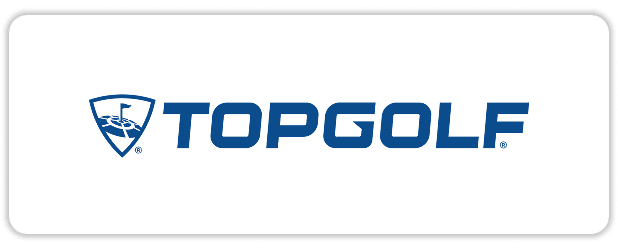
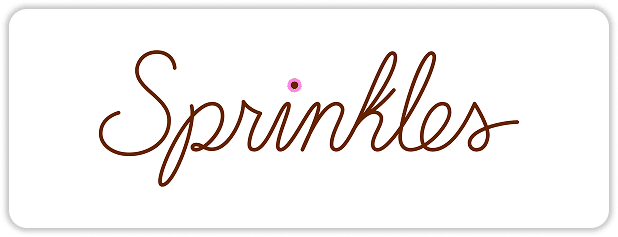

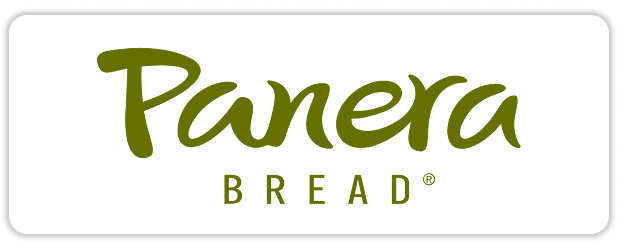
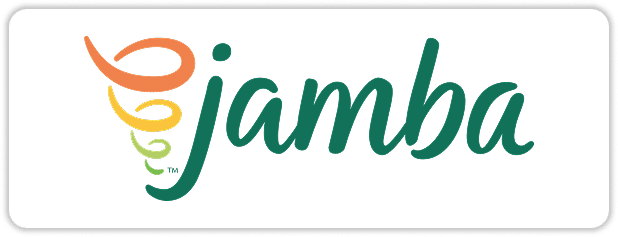

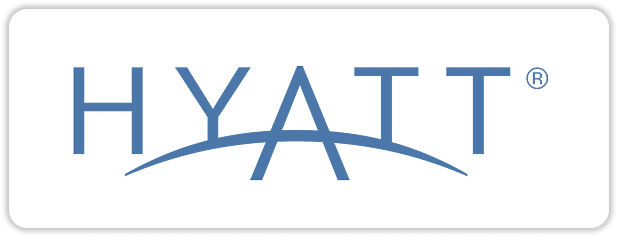
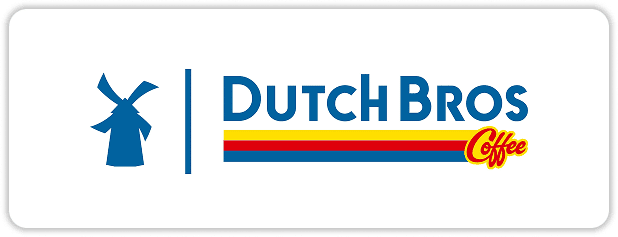
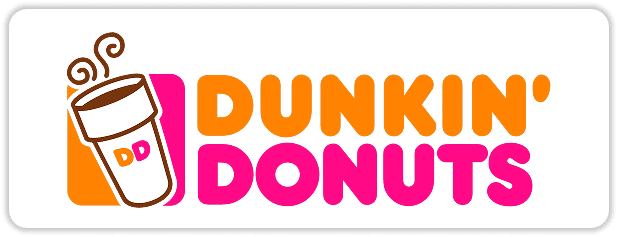
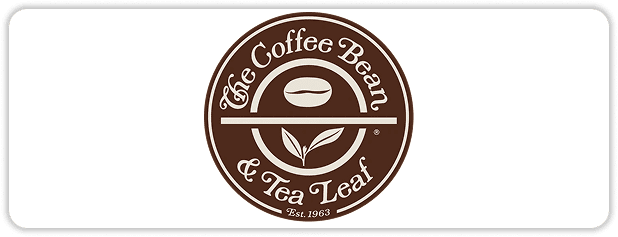
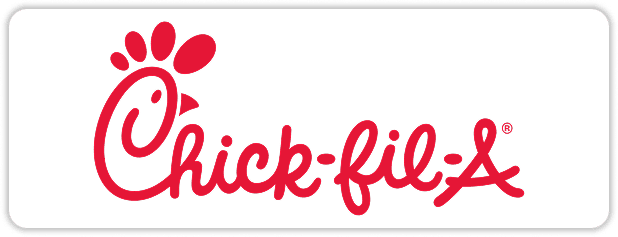
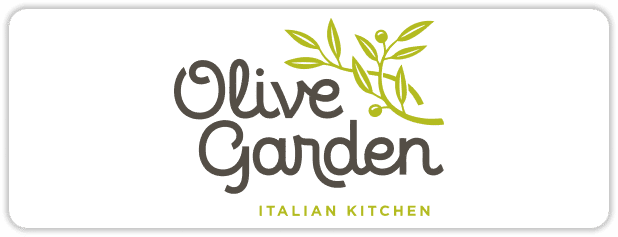
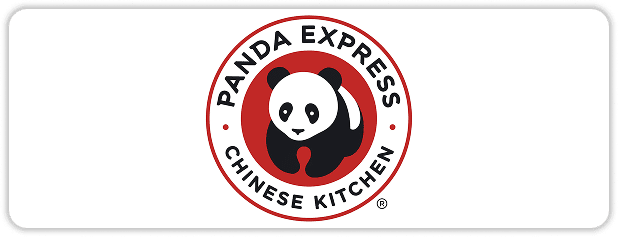
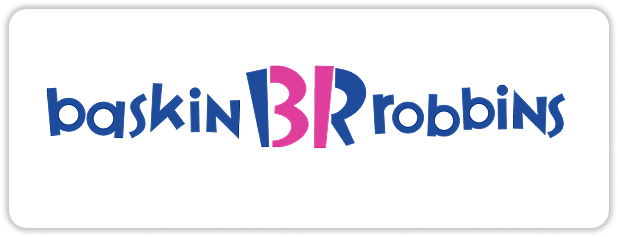
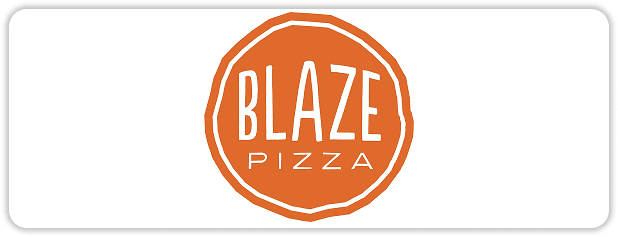
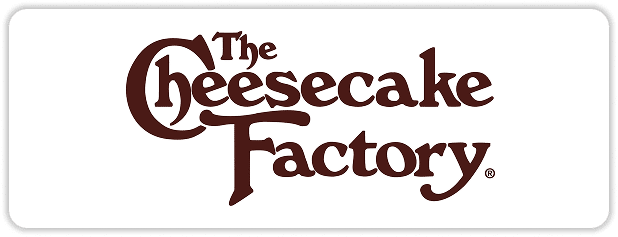
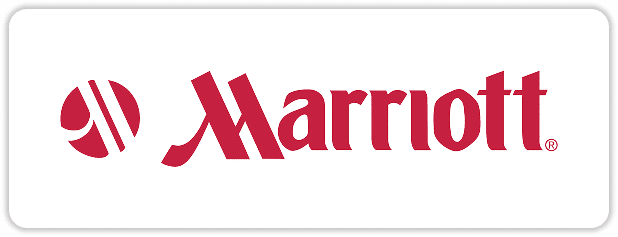

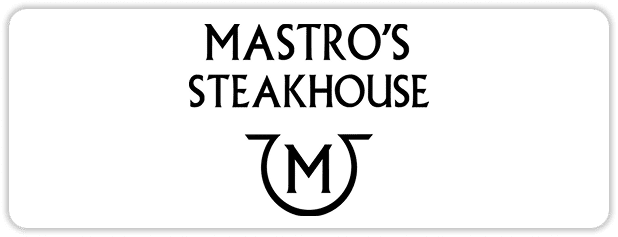
BENEFITS OF TRAINING
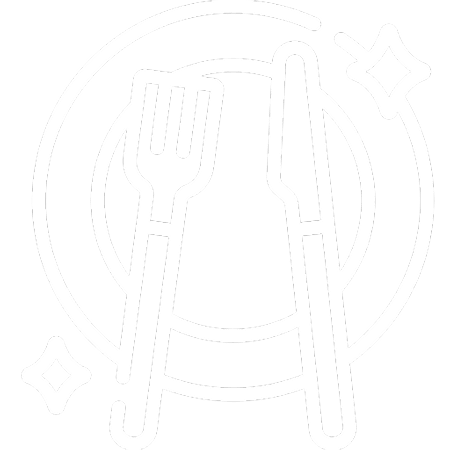
PREVENT
Education is the best tool to prevent, minimize, or eliminate foodborne illnesses and food hazards.
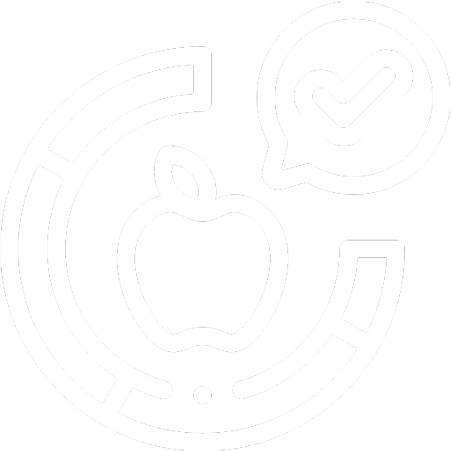
AWARENESS
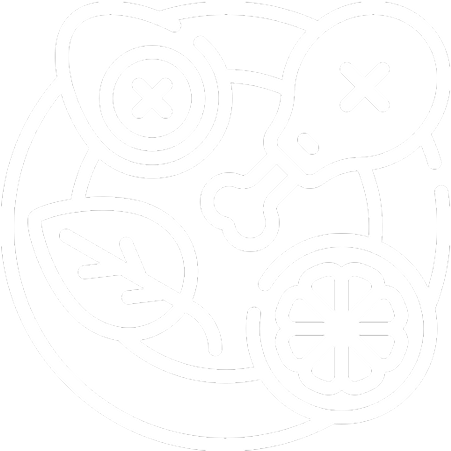
ELIMINATE
Training helps reduce or eliminate food safety hazards before they become major issues.

MINIMIZE
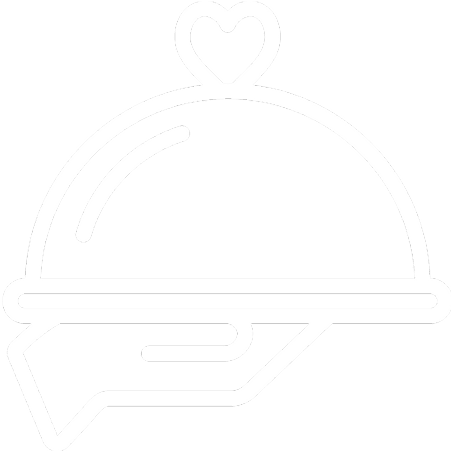
PRODUCTIVITY
Reducing food safety complaints will create a happier workplace and in turn increase productivity.
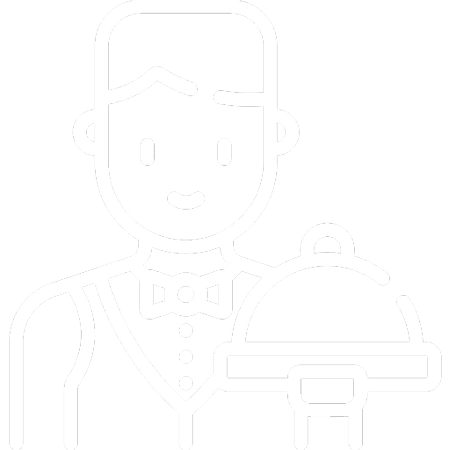
WORKPLACE SATISFACTION
WHY CHOOSE US

- Satisfaction Guarantee
- Online Interactive Course
- Meets and Exceeds State Guidelines
- Price Match Guarantee
- Owners and Managers: Manage, Track and Record Employee Progress
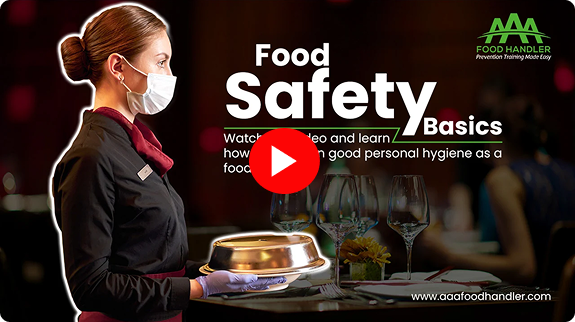
Getting Your Food Handler Card is Quick and Hassle-Free
Numerous professionals nationwide have already earned and renewed their card with AAA Food Handler — a trusted name in food safety training.
FREQUENTLY ASKED QUESTIONS (FAQs)
The Iowa Food Handlers Card is a 100% online course that teaches essential food safety principles like hygiene, cross-contamination prevention, temperature control, and proper cleaning practices. The course takes about 1.5 hours and is available in English and Spanish.
Anyone who handles unpackaged food, food-contact equipment, utensils, or surfaces in a food service setting, including restaurants, cafeterias, food trucks, and grocery stores, can benefit from the Food Handler Course.
The Iowa Food Handler course costs only $6.95, making it one of the state’s most affordable ways to meet food safety training needs.
The Food Handler Course is 100% online, accessible 24/7 on any device. You can take it at your own pace, whenever it fits your schedule best.
Yes. The Iowa Food Handler course is approved and accredited to meet state standards. It’s valid for use in all counties across Iowa.
The Food Handler Course is available in English and Spanish, so learners can choose the language that suits them best.
Certificates typically remain valid for 3 years. Check with your employer or local health authority for specific expiration or renewal requirements.
A Food Handler Card qualifies you for roles like prep cook, server, dishwasher, deli worker, grocery clerk, food truck staff, and more—any position where food safety knowledge is essential.
Iowa permits the sale of non-potentially hazardous, shelf-stable foods that don’t need refrigeration. Examples include baked goods without cream fillings, fruit jams and jellies, candies, dry mixes, granola, popcorn, and other products safely stored at room temperature.
Completing food handler training shows employers you’re serious about food safety. It can give you a competitive edge when applying for jobs and help you prevent foodborne illness in the workplace.
Yes. Group purchasing options with bulk discounts are available. You can assign the course to employees, monitor their progress, and ensure food safety compliance across your team.
In Iowa, ANAB recognition is essential for Food Protection Manager Certification programs to ensure compliance with state regulations and national food safety standards.
Yes. The Iowa food handler certificate course follows the 2022 FDA Food Code to ensure you learn current food safety best practices recognized at both the state and federal levels.
For official food safety guidance in Iowa, contact the Iowa Department of Inspections and Appeals, Lucas State Office Building, 321 E. 12th Street, Des Moines, Iowa 50319.
No, if you’re selling only non-potentially hazardous foods under Iowa’s Cottage Food Law, food safety training is not required. However, completing a Food Handler certificate from an ANSI Accredited provider is strongly recommended to ensure safe food handling practices and enhance consumer confidence.


